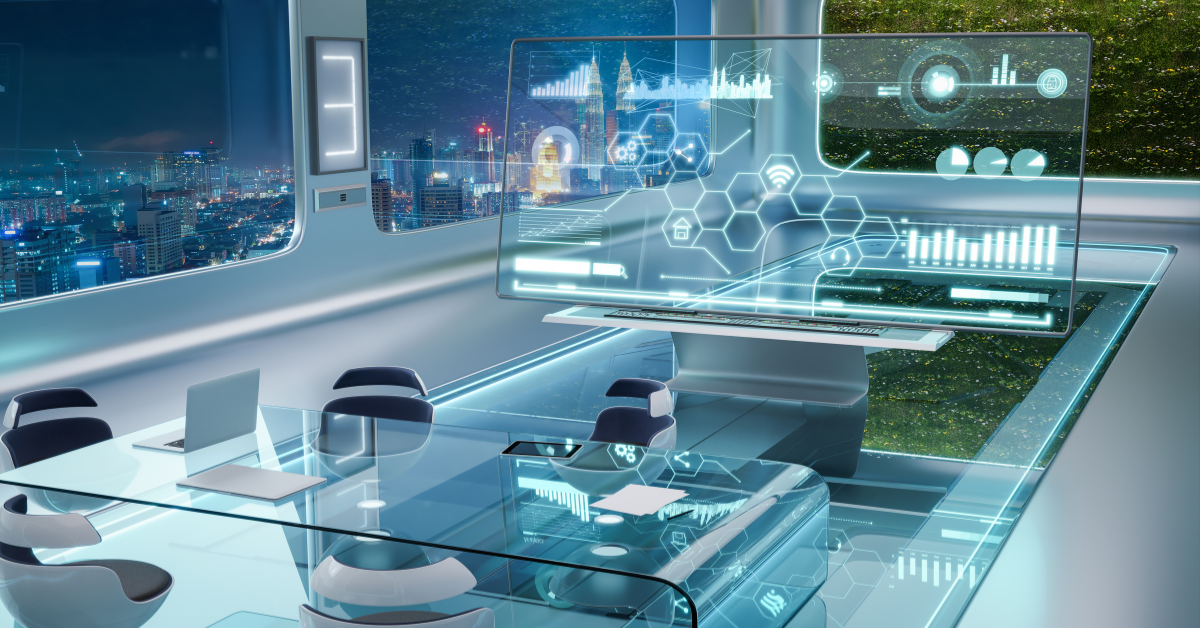
Artificial Intelligence (AI) has become one of the most significant drivers of change in content creation, and 2025 is shaping up to be no different. From ad copy and web content to blog posts, articles, and social media updates, AI is now a central part of how businesses and individuals create written material. As AI continues to advance, it’s important to distinguish where content creators can leverage it as a tool and where it may prove invaluable.
The Rise of AI in Content Creation
In the past, creating high-quality content required a human touch—whether crafting ad copy, blog posts, or attention-grabbing social media posts. But with AI tools becoming more advanced, businesses can now automate much of this process, significantly reducing time and effort. Tools like OpenAI’s GPT-3 and GPT-4, Jasper, and Copy.ai are now capable of generating content that is often indistinguishable from what a human writer might produce.
The growing capabilities of AI tools for content creation are making it easier for businesses to maintain a consistent flow of content, meet tight deadlines, and scale their efforts without adding more manpower.
Advantages of AI in Content Creation
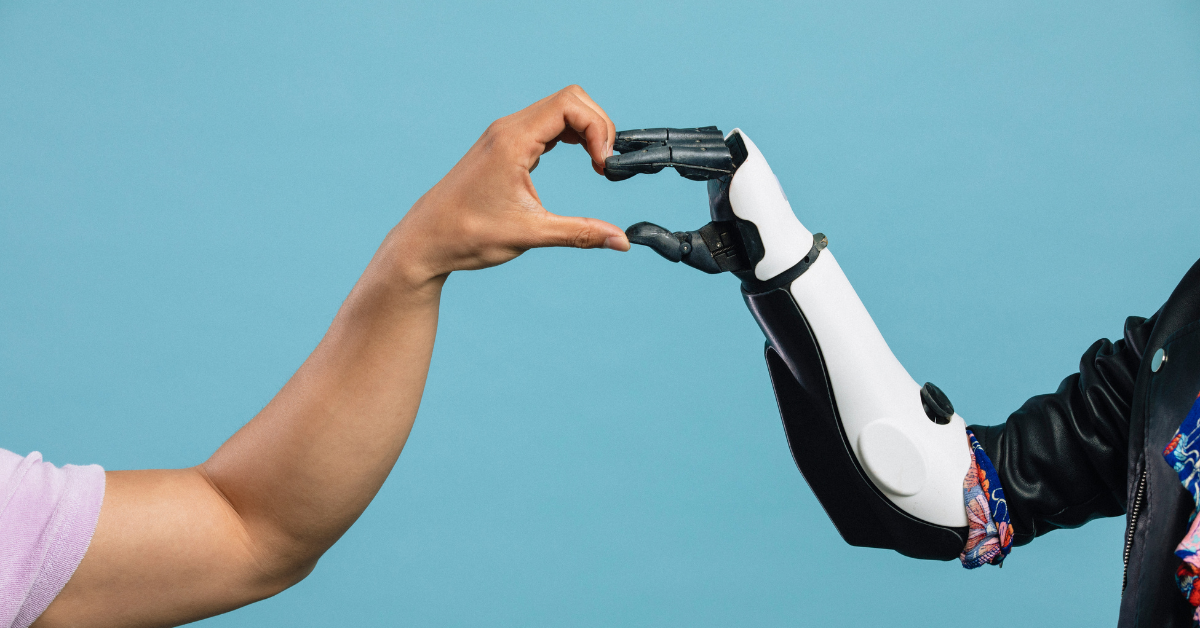
Enhanced Creativity through AI Assistance
AI acts as a creative partner, providing new ideas, prompts, and angles. It helps content creators explore fresh perspectives, breaking creative barriers and inspiring innovative thinking.
Time-Saving Content Repurposing
AI allows content to be easily repurposed into various formats—turning a blog post into social media updates or a video script—saving time while expanding the content’s reach.
AI as a Collaboration Partner
Streamlining Content Refinement
AI helps refine content by suggesting improvements in grammar, style, and tone, ensuring the writing is polished and professional while maintaining the writer’s voice.
AI-Powered Research and Idea Generation
AI accelerates research by scanning data for trends and insights, allowing writers to focus on deeper content creation rather than spending time gathering information.
Pitfalls and Challenges of Overusing AI in Content Creation
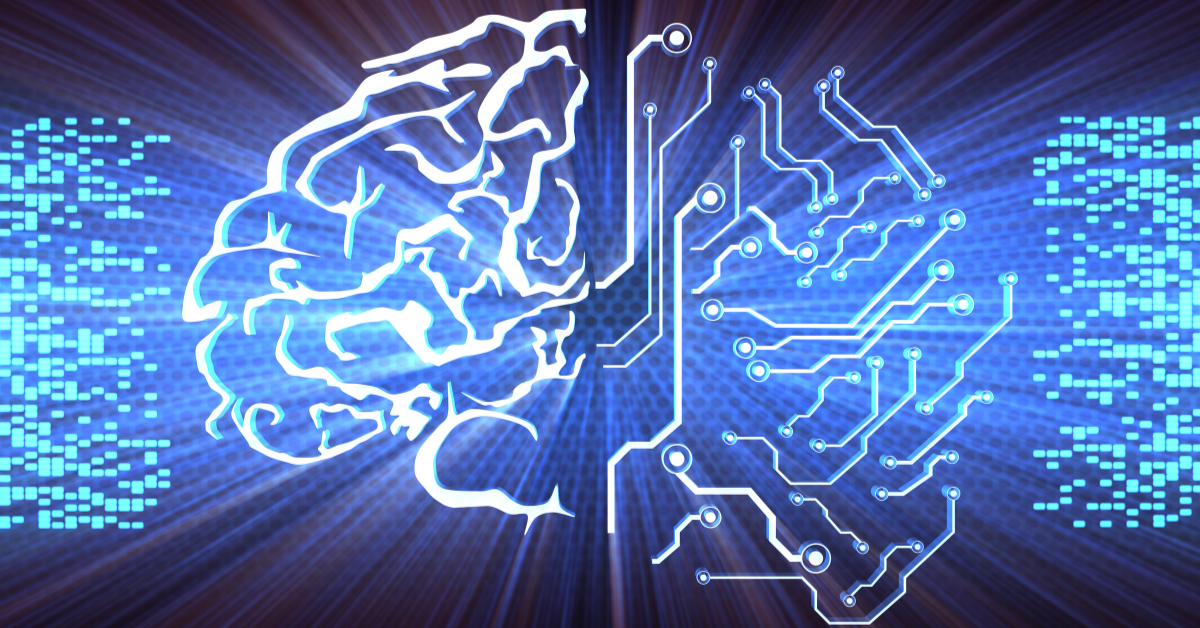
While AI offers numerous advantages, it’s not without its drawbacks. As we look ahead to 2025, several challenges may arise as content creation continues to shift toward AI-driven solutions.
Loss of Authenticity
Over-reliance on AI can result in content that feels generic and lacks emotional depth. While AI can mimic human writing, it can’t capture the nuances of personal storytelling or the unique voice that resonates with audiences, risking a loss of authenticity.
Over-saturation of Generic Content
As AI generates content quickly and at scale, there’s a risk of flooding the web with repetitive, formulaic material. This over-saturation can make it harder for brands to stand out and for readers to find truly original and valuable content.
SEO Manipulation and Ethical Concerns
AI’s SEO capabilities can be misused for keyword stuffing or creating content solely to rank higher rather than offering real value to readers. Overusing AI for SEO may lead to penalties as search engines become better at detecting low-quality, manipulative content.
Job Displacement
Excessive use of AI in content creation may lead to job displacement in writing and creative industries. While AI can support human work, businesses that over-prioritize automation risk reducing opportunities for entry-level writers or freelancers.
Quality Control Risks
AI isn’t perfect and can produce errors or overlook important details. Overusing it without proper oversight may result in content that lacks accuracy, consistency, or quality, potentially harming a brand’s credibility and trustworthiness.
The Future of Content Creation with AI in 2025
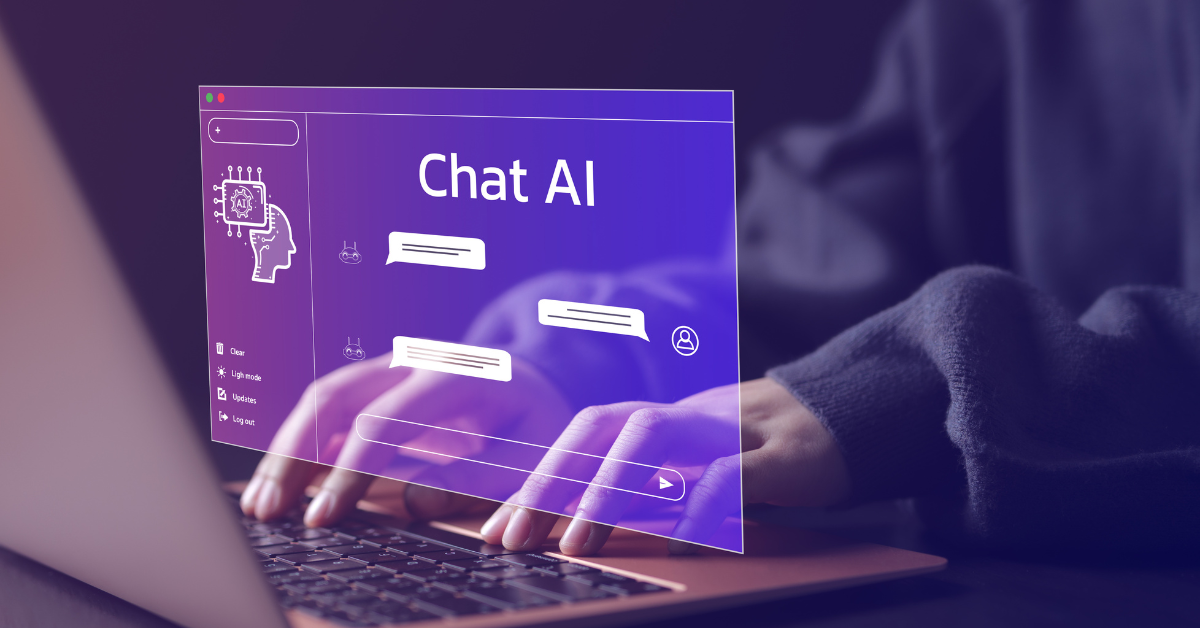
2025 is here and AI will continue to evolve, and so will its role in content creation. The technology is improving rapidly, with advancements in natural language processing and machine learning making it more sophisticated every day. In the future, AI-generated content may become even more personalized and context-aware, creating a truly tailored experience for users.
However, despite these advances, human creativity and emotional intelligence will likely remain irreplaceable in content creation. While AI can generate the bulk of repetitive or data-driven content, the demand for authentic, creative, and deeply personal content will ensure that human writers still have a place in the industry.
The key to success in the future will be finding the right balance between leveraging AI’s capabilities and maintaining the creativity and authenticity that set human-generated content apart. As AI tools continue to improve, content creators must remain adaptable, embracing technology’s advantages while mitigating its potential downsides.

Need Help With Your Web Copy?
Brittany Degnan
Author
Related Articles
Google Ads Success Stories
Google Ads has become an indispensable tool for businesses aiming to expand their online presence and boost sales. These real success stories from various clients in various industries highlight the power of Google Ads in driving tangible results. From startups and...
How Google Measures Search Quality
Google, the leading search engine, handles billions of searches every day. However, many marketers, business owners, and advertisers wonder how Google delivers useful, high-quality search results. The answer lies in Google's various methods, including user surveys,...
WiT Group Named Among Charlotte’s Largest Digital Advertising and Marketing Agencies
We’re excited to share some incredible news! The Charlotte Business Journal has recognized WiT Group in the following lists for 2024: Charlotte’s largest digital advertising and marketing agencies Top-earning advertising and marketing agencies Largest advertising and...
Stay Up to Date With The Latest News & Updates
Join Our Newsletter
Stay up to date with the latest news and marketing tips!


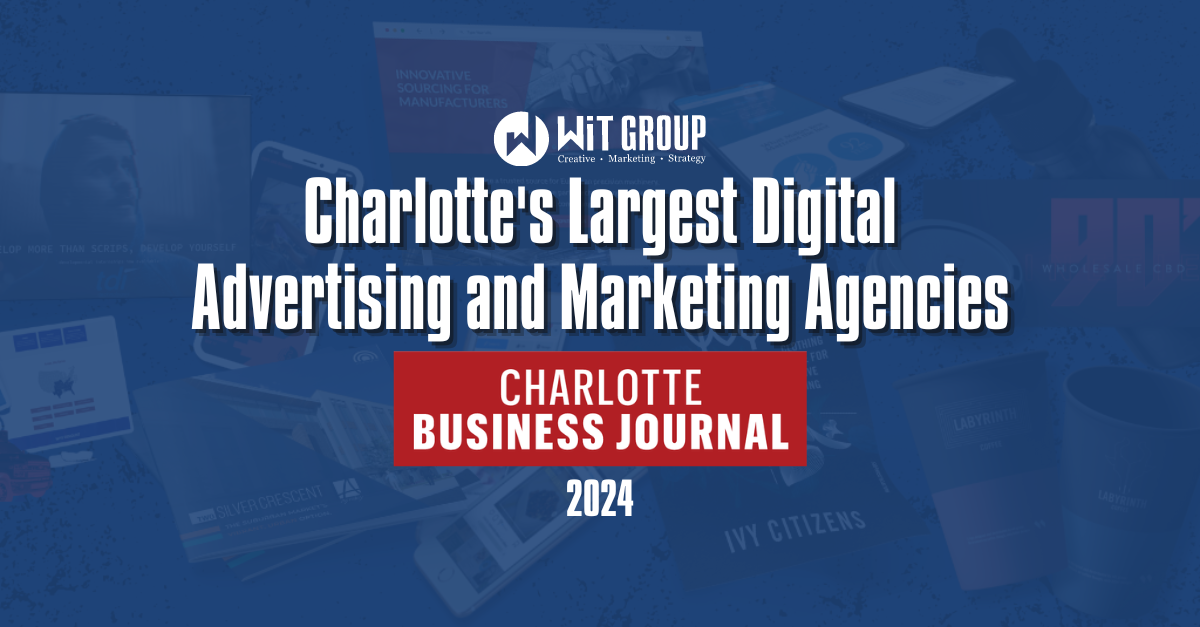
Recent Comments